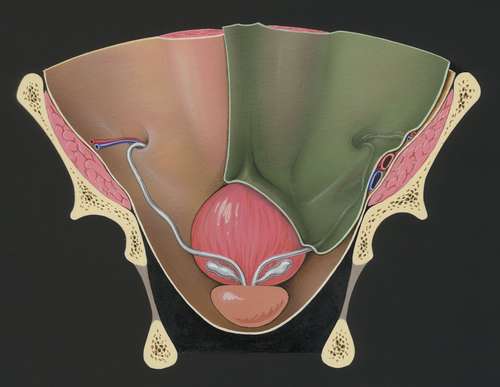Anti-abortion advocates are urging President-elect Trump to implement stricter abortion restrictions as abortion pill sales surged following his election win.
The increase in sales reveals the concerns among women about potential changes to reproductive rights under a new Trump administration.
The Shadow of Trump's First Term and Potential Impacts on Reproductive Rights
During his first term, Trump appointed three conservative justices to the Supreme Court, which ultimately led to the overturning of Roe v. Wade, the ruling that had guaranteed nationwide abortion rights for decades.
This decision enabled 13 states to enact laws that banned abortion. Trump openly acknowledged his role in reshaping the legal landscape surrounding reproductive rights, stating, "I did it, and I'm proud to have done it."
Although Trump has maintained that abortion is a matter for individual states to decide, anti-abortion advocates believe his administration can exert more influence on the issue. They point to his ability to appoint judges and implement regulations that align with their agenda.
This could include reversing Biden's directive requiring hospitals to provide emergency abortions in situations where a woman's life or health is at risk. The Biden administration had argued that a longstanding federal law mandating stabilizing treatment for Medicare-funded patients also applies when an abortion may be necessary.
Since the Supreme Court's 2022 decision to overturn the national right to abortion, reports of hospitals refusing to treat women facing dangerous pregnancy complications have increased across the country. Some hospitals have cited state bans as the reason for denying pregnancy terminations, even in life-threatening cases. Doctors and hospitals in states with strict abortion bans, such as Idaho and Texas, have expressed that Biden's guidance provided them with legal protection to perform emergency abortions.
Without this protection, healthcare providers fear prosecution, even in emergency situations. Reversing this directive could have serious consequences for women facing dangerous pregnancy complications.
Women Respond to Trump's Return: Stockpiling Amidst Uncertainty
The surge in abortion pill sales is linked to women taking proactive measures and stockpiling reproductive healthcare products in response to the uncertainty surrounding their reproductive rights under a Trump administration.
Wisp, an online pharmacy catering to over 1.2 million patients nationwide, reported a 1,000% increase in purchases of emergency contraception between November 5 and 6. In the 24 hours following Election Day, Wisp saw a 1,650% surge in new patients purchasing emergency contraception. The company also experienced a 600% increase in medication abortion sales and a 50% increase in birth control purchases.
Similar trends were observed by Whole Woman's Health, an organization operating abortion clinics in multiple states. They have seen an increase in demand for emergency contraception, long-acting reversible contraception, and pre-emptive provisions of medication abortion, particularly through telemedicine services. The founder of Whole Woman's Health, Amy Hagstrom Miller, believes this trend reflects a broader effort by women to secure access to reproductive healthcare options in anticipation of potential future restrictions.
Closing Note
This surge in demand for reproductive healthcare products is proof of the widespread apprehension among women regarding the potential for increased abortion restrictions under the Trump administration, even in states where abortion rights are currently protected.
The abortion pill sales data strongly suggest that women are taking steps to safeguard their reproductive health in preparation for a potentially more restrictive policy.




